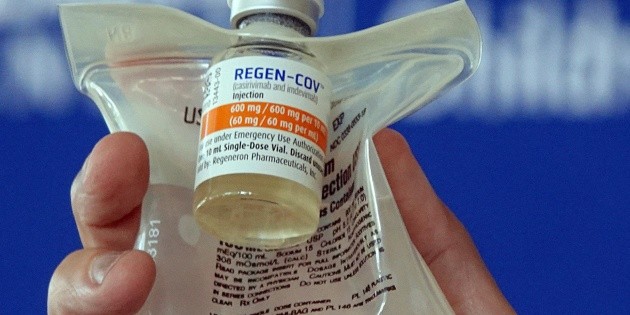Antibody drugs for COVID-19 from the Regeneron and Eli Lilly companies should no longer be used as they are unlikely to have any effect against the omicron variant of coronavirus, which currently accounts for the vast majority of infections in the United States, federal health regulators said Monday.
The Food and Drug Administration (FDA) said that would revoke the authorization for emergency use of both drugs, which were purchased by the federal government and administered to millions of Americans with COVID-19. If the drugs prove effective in combating new variants, the agency said it could reauthorize their use.
The measure was to be expected, since both pharmaceutical companies had said that the aforementioned drugs are less able to combat omicron due to their mutations. Either way, the federal move could draw criticism from some Republican governors who have continued to promote the drugs despite advice from health experts.
Omicron resistance to the two main monoclonal antibody drugs has affected treatment plans against COVID-19 in recent weeks.
Doctors are counting on alternative therapies to combat early-stage COVID-19 cases, including the arrival of two new antiviral pills from Pfizer and Merck, but supplies of both drugs are low. The same case applies to an antibody drug from the GlaxoSmithKline company that remains effective against the disease.
The FDA noted in its decision that omicron is responsible for more than 99% of infections in the United States, making it “highly unlikely” that the antibodies in these drugs will help people seeking treatment now. The agency said restricting its use would also eliminate the drug’s unnecessary side effects, including allergic reactions.

